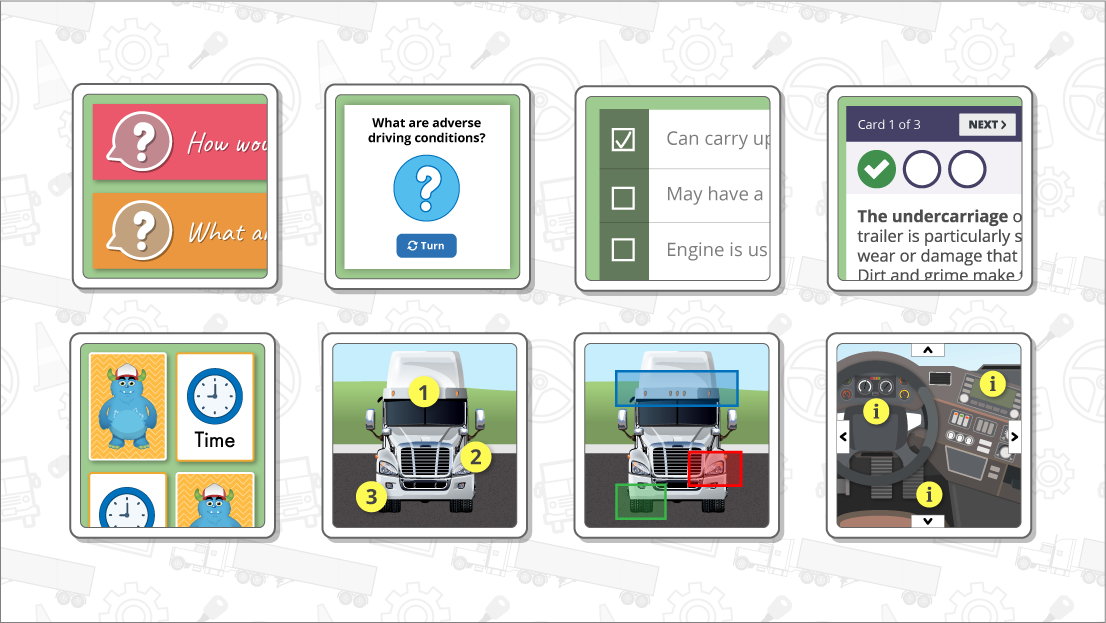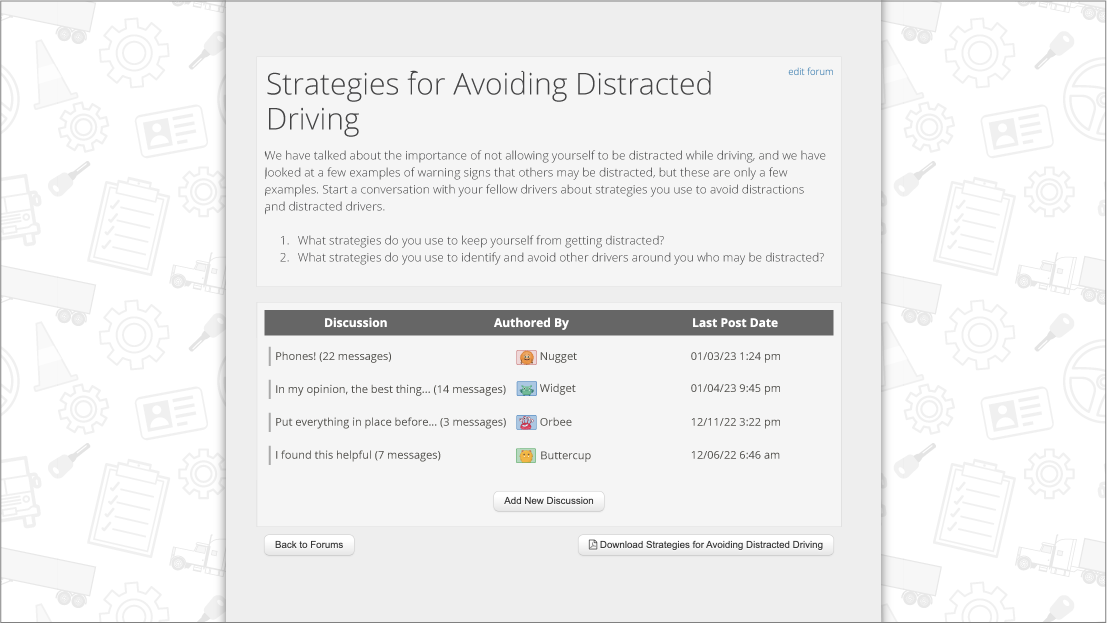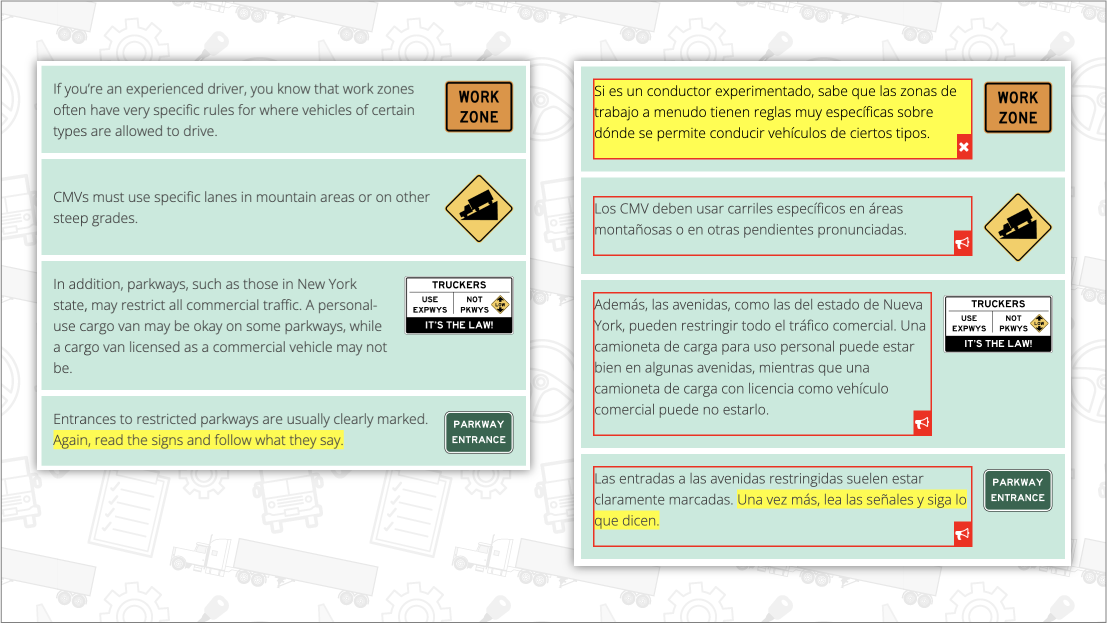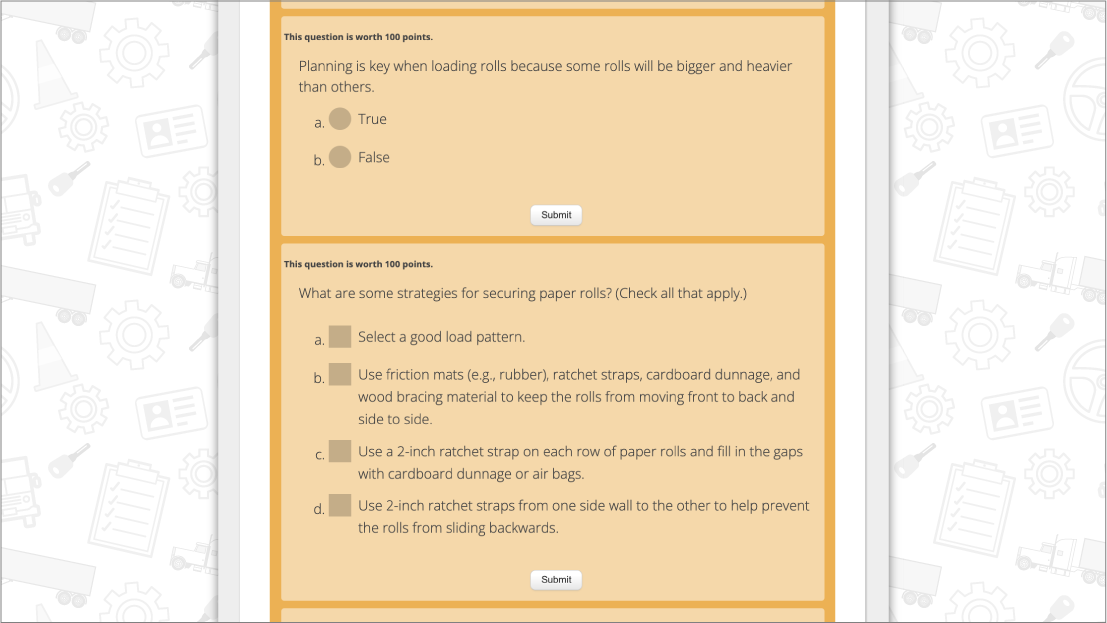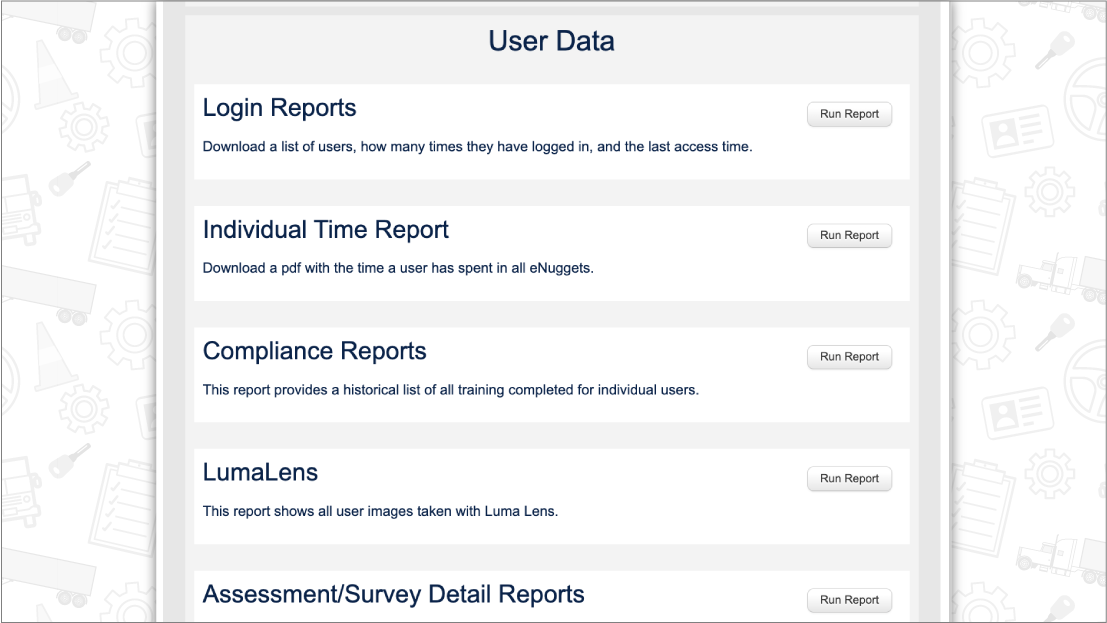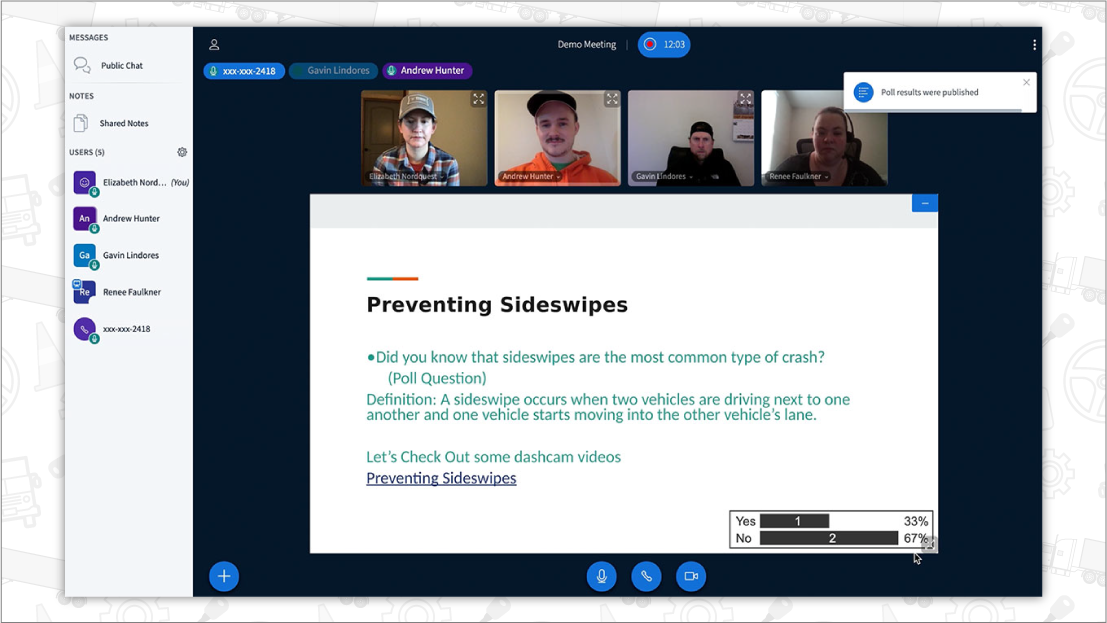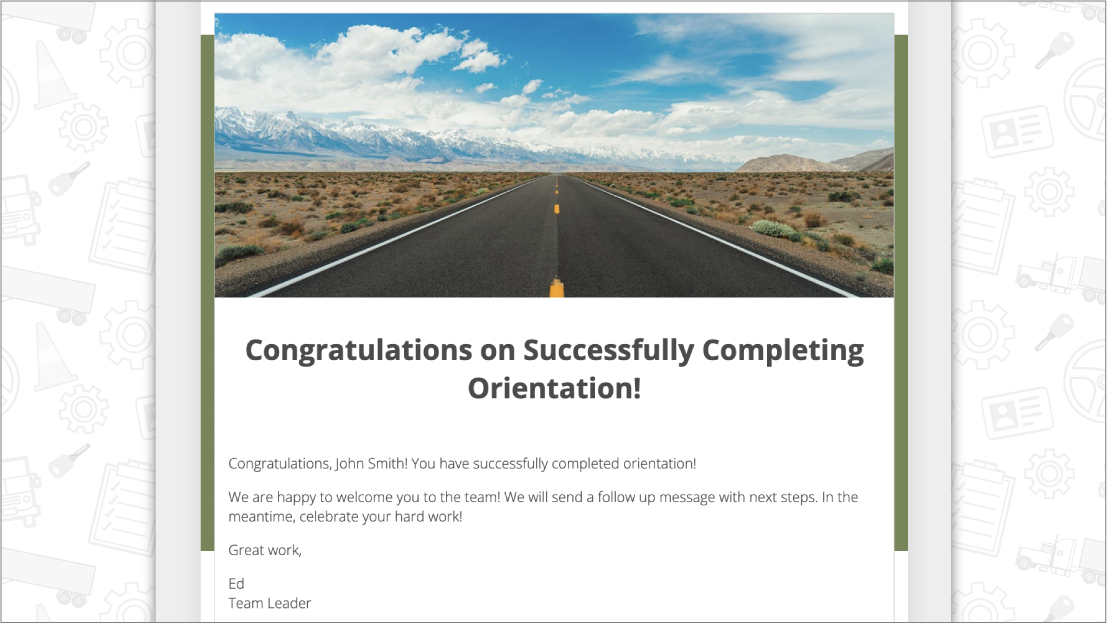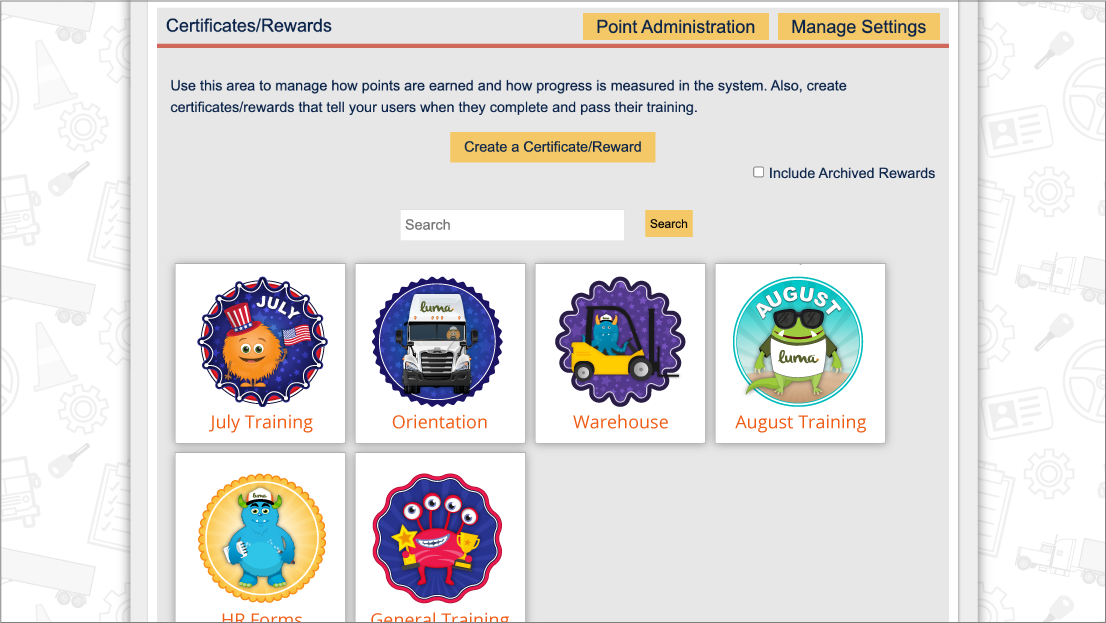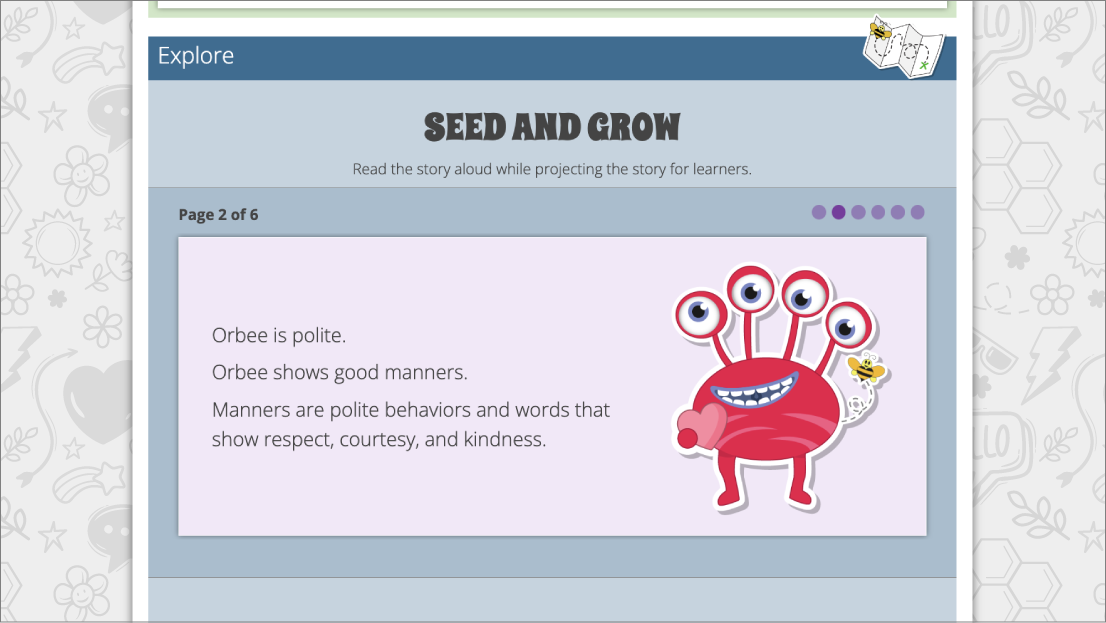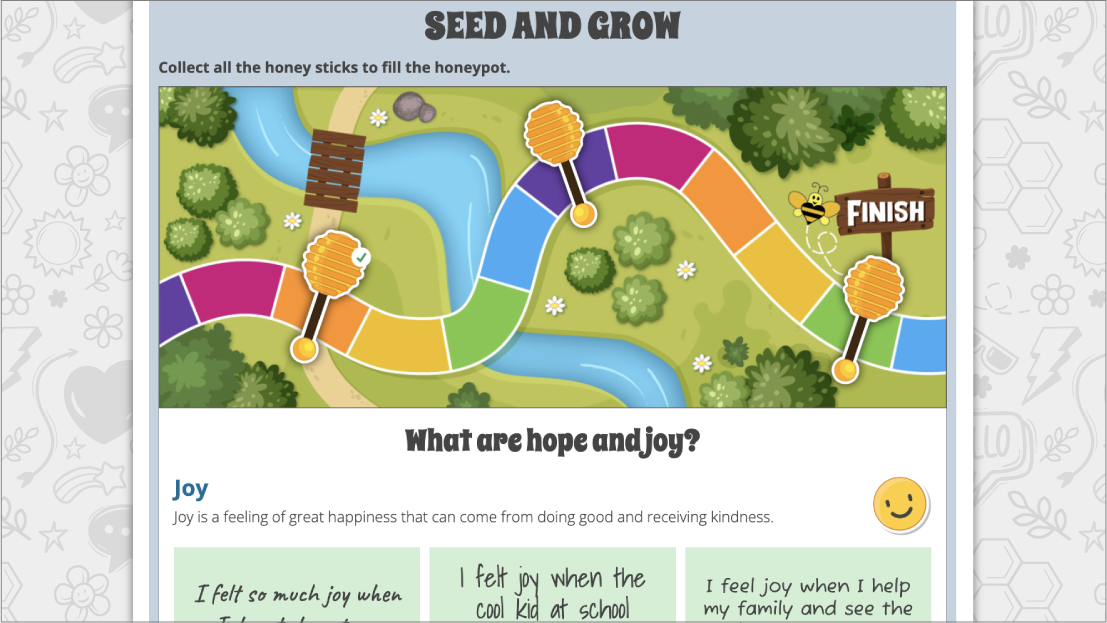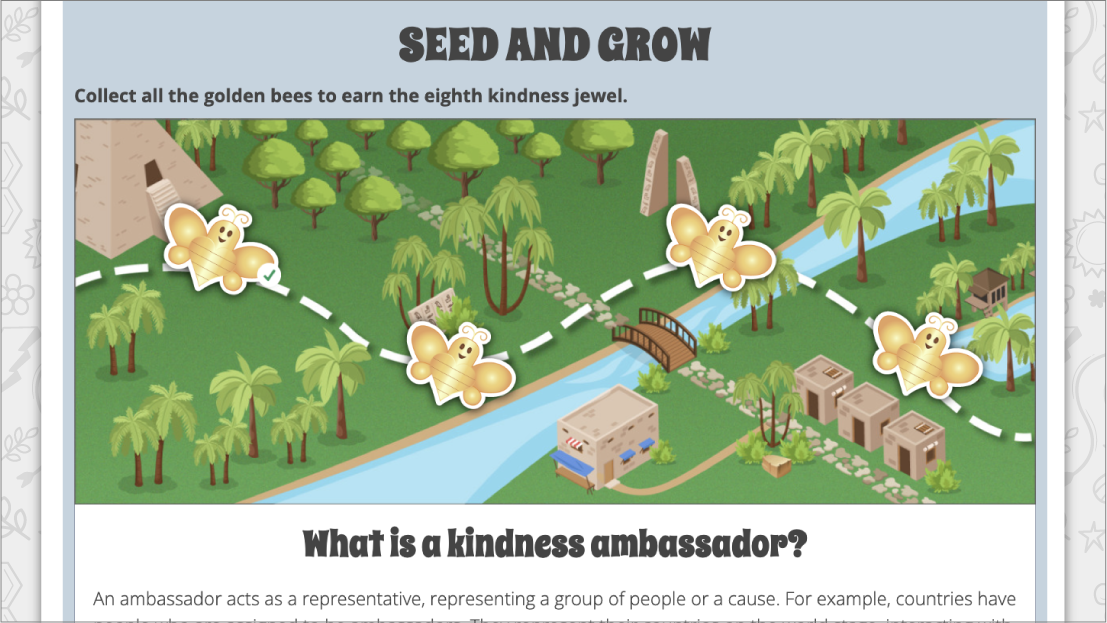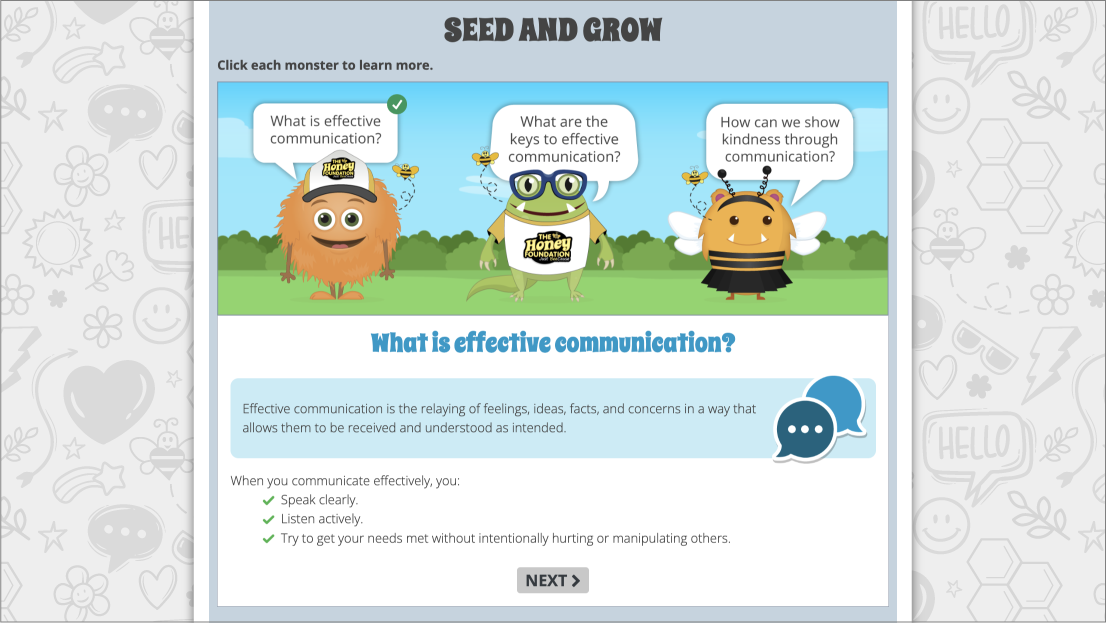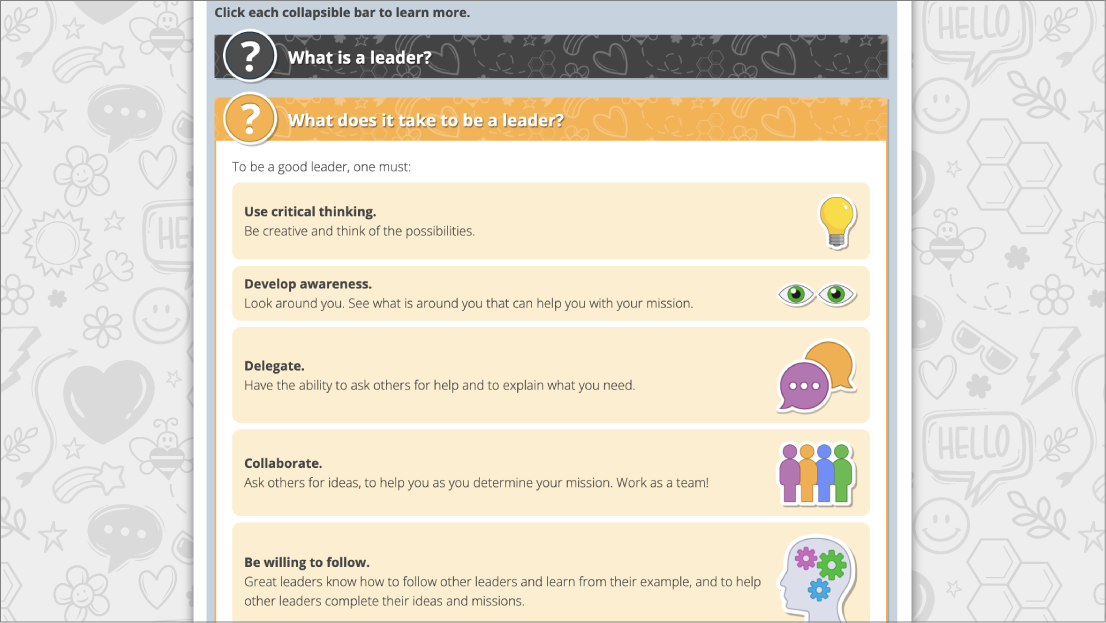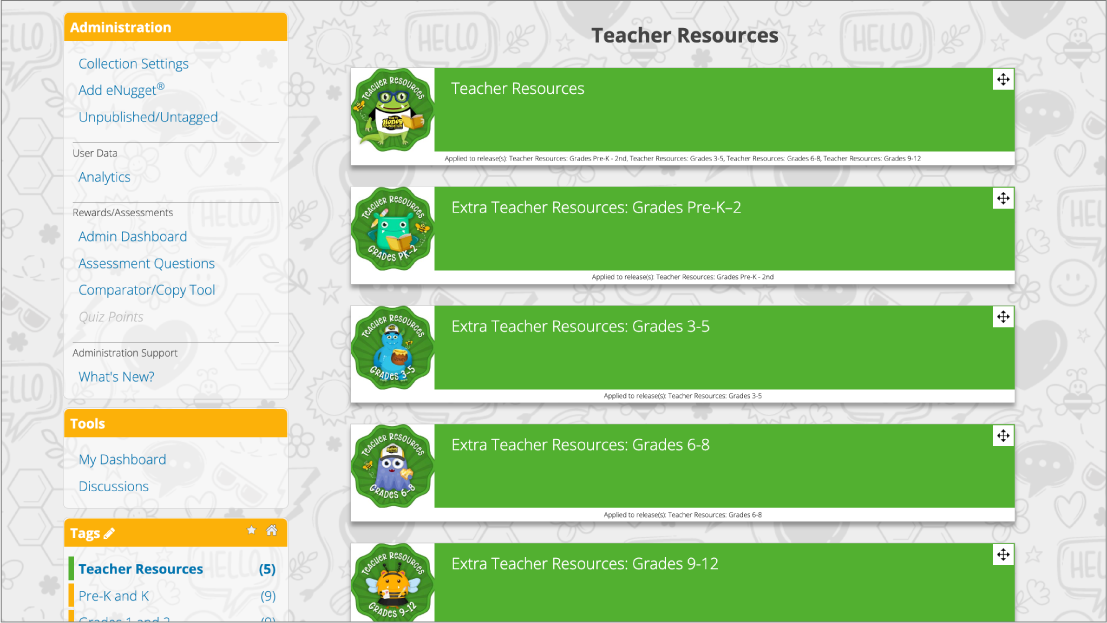
Luma Connection #32: Invite Special Guests
Collaboration and connection are important for our social-emotional well-being. Importantly, Luma has conducted research and published the benefits for creating learning communities remotely. This year, Luma will provide specific strategies you can implement to connect learners remotely. We are calling these strategies our Luma Connections.
Teaching Tool: LumaLive®
 This is Luma’s synchronous or same time meeting tool. This online tool allows learners to interact with each other to explore a topic and to discuss key concepts, share experiences, interact with each other, and to ask questions in real time. Interactions are in real-time and can be mentor-learner, learner-to-content, learner-to-self, and learner-to-learner.
This is Luma’s synchronous or same time meeting tool. This online tool allows learners to interact with each other to explore a topic and to discuss key concepts, share experiences, interact with each other, and to ask questions in real time. Interactions are in real-time and can be mentor-learner, learner-to-content, learner-to-self, and learner-to-learner.
 Tip:
Tip:Invite Special Guests
Inviting industry experts and relevant speakers to share and engage in online conversations can be a meaningful and satisfying experience for learners that can validate learning and increase learner engagement. This type of activity can be considered authentic instruction when it is relevant and immediately applicable to the learner.
 Vet Speakers: Ensure that the guest speaker is a credible and a reliable source on the topic. Ensure the speaker and discussion are relevant to what is being learned and can add to or provide additional information and insight on the topic.
Vet Speakers: Ensure that the guest speaker is a credible and a reliable source on the topic. Ensure the speaker and discussion are relevant to what is being learned and can add to or provide additional information and insight on the topic. Prep Learners: Build interest by notifying learners when the discussion will take place and provide learners with background information about the speaker, the speaker’s expertise on the topic, and how the speaker’s expertise will benefit learners.
Prep Learners: Build interest by notifying learners when the discussion will take place and provide learners with background information about the speaker, the speaker’s expertise on the topic, and how the speaker’s expertise will benefit learners. Provide Structure for Interaction: Prompt learners to bring questions to the meeting. Set a specific number to target. For example, all learners should bring 2 questions they have for the speakers. Also, determine the format in which questions will be asked. Will learners submit questions in advance to be vetted? Will the format be likened to a panel discussion? Will it be more conversational in nature? These details should be determined and communicated with the learners and the speaker(s) before the discussion.
Provide Structure for Interaction: Prompt learners to bring questions to the meeting. Set a specific number to target. For example, all learners should bring 2 questions they have for the speakers. Also, determine the format in which questions will be asked. Will learners submit questions in advance to be vetted? Will the format be likened to a panel discussion? Will it be more conversational in nature? These details should be determined and communicated with the learners and the speaker(s) before the discussion. Set Expectations: Establish a code of civility and expectations for how learners should interact with the speaker, how the speaker should interact with learners, and how learners should interact with one another. Also, ensure that learners understand the types of questions that would be appropriate for the conversation. It might be a good idea to have them submit their questions before the meeting.
Set Expectations: Establish a code of civility and expectations for how learners should interact with the speaker, how the speaker should interact with learners, and how learners should interact with one another. Also, ensure that learners understand the types of questions that would be appropriate for the conversation. It might be a good idea to have them submit their questions before the meeting. Use the Chat as a Backchannel: Consider using the chat as a secondary discussion where learners can pose additional questions, add comments, and respond to one another. This will increase engagement in the discussion. Make sure to monitor the chat to ensure the code of civility is being followed and that comments and questions are relevant.
Use the Chat as a Backchannel: Consider using the chat as a secondary discussion where learners can pose additional questions, add comments, and respond to one another. This will increase engagement in the discussion. Make sure to monitor the chat to ensure the code of civility is being followed and that comments and questions are relevant.

 Luma® is an instructional design and learning company that can help you connect learners remotely while creating powerful learning communities. Give us a call at (574) 807-8148 ext 5 or email
Luma® is an instructional design and learning company that can help you connect learners remotely while creating powerful learning communities. Give us a call at (574) 807-8148 ext 5 or email 